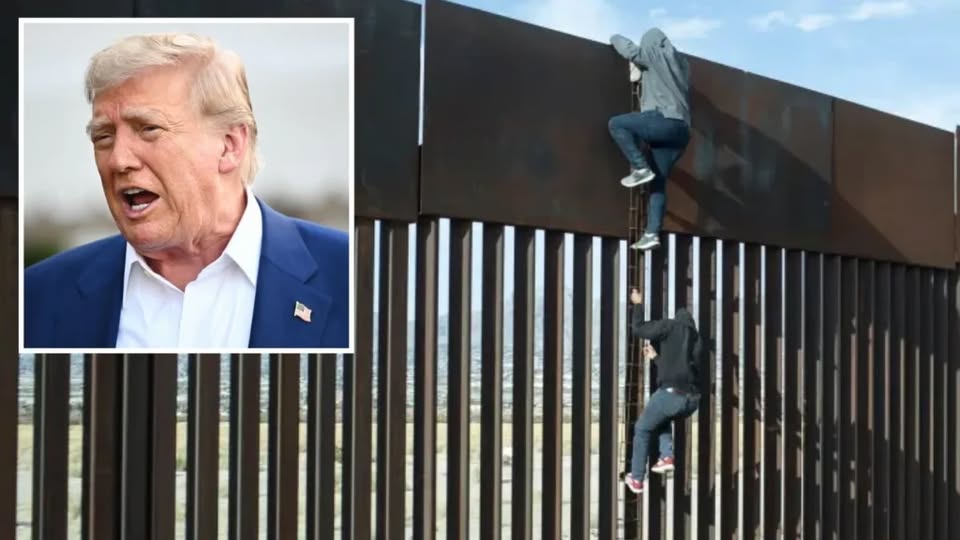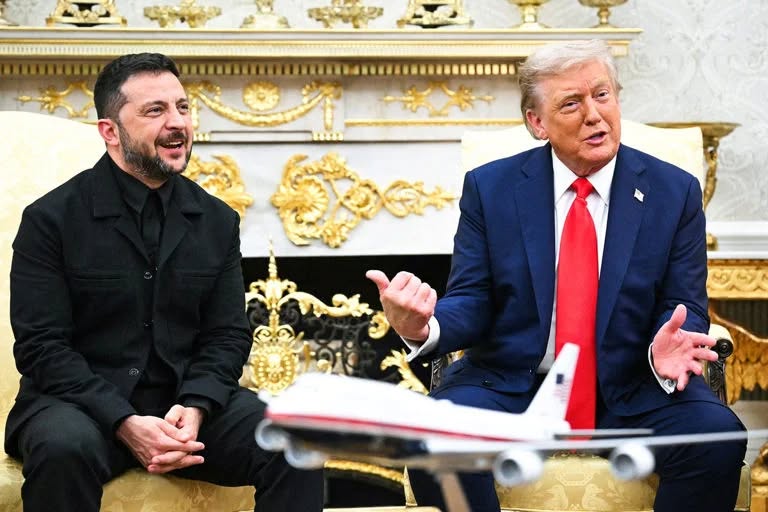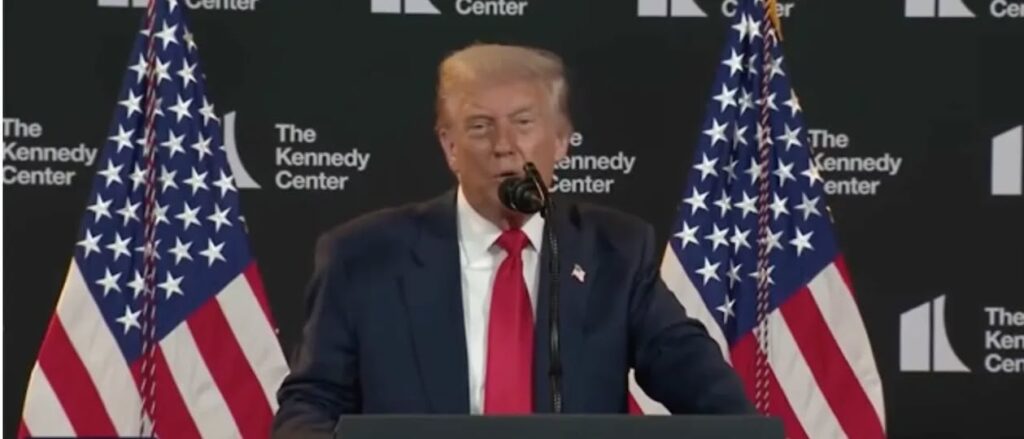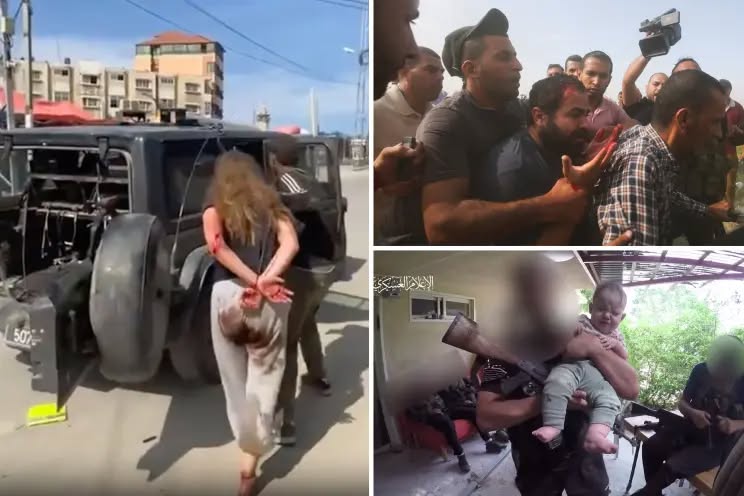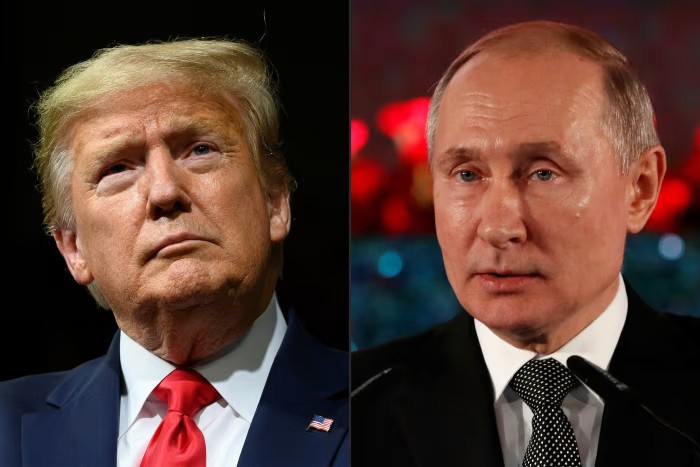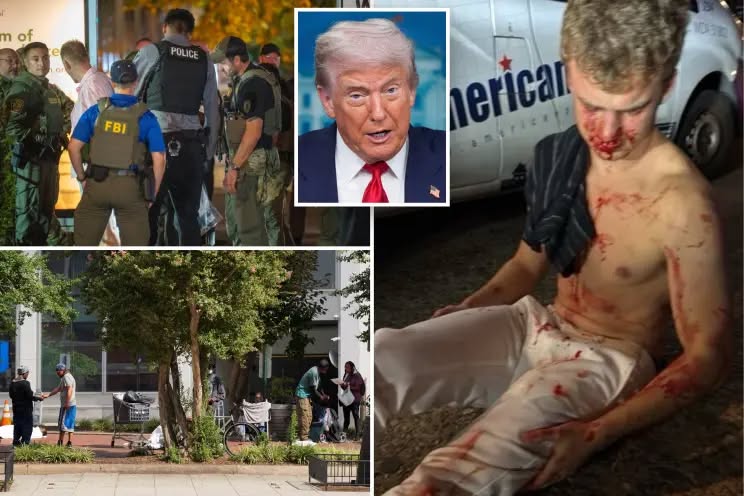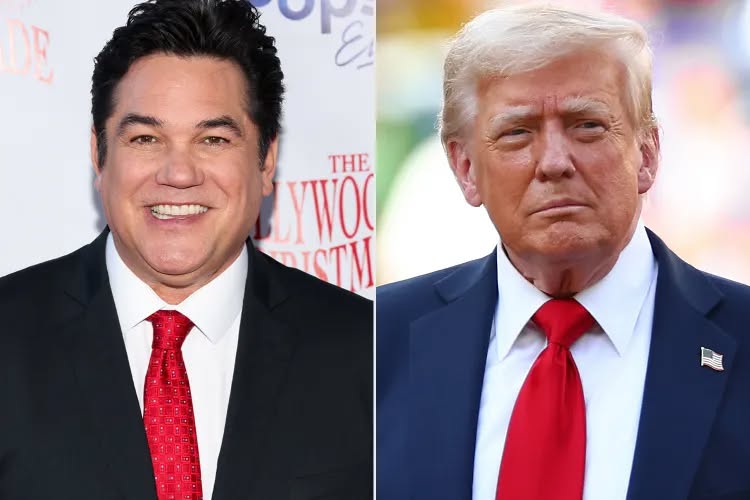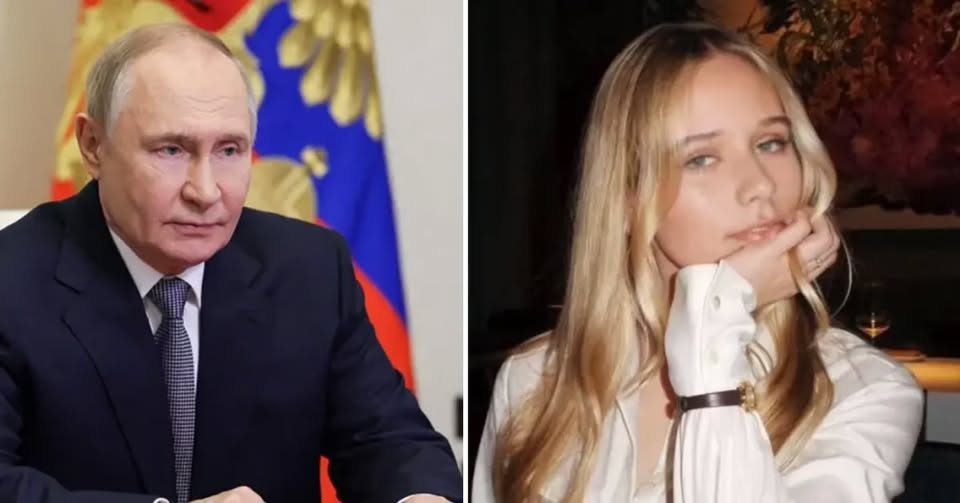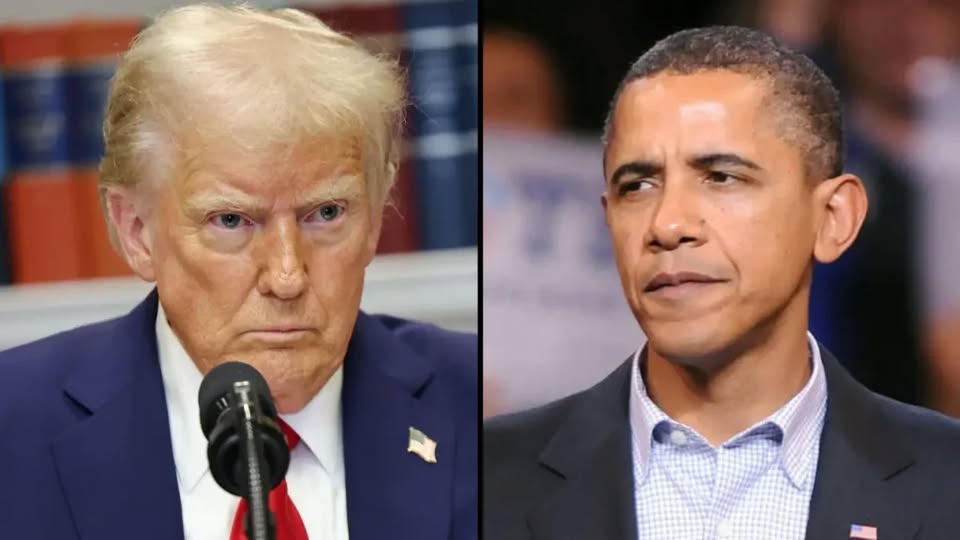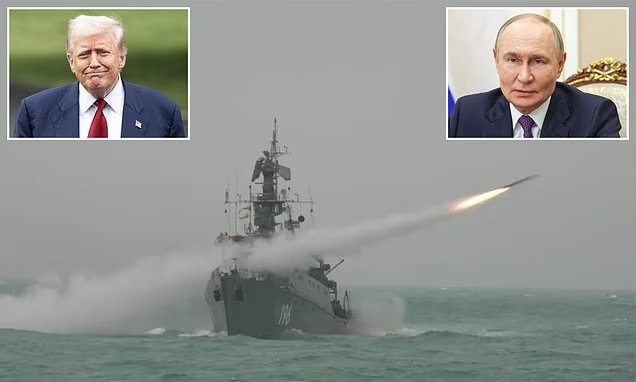The article discusses President Trump's controversial decision to paint the Mexican border wall black, a move intended to deter illegal crossings by increasing heat and difficulty for climbers. It explores the implications of this choice, highlighting statements from Kristi Noem and critiques from political figures, alongside broader debates on immigration and security measures in the U.S.
The article explores the significance of humor in diplomacy through the interactions between President Zelenskyy and White House reporter Brian Glenn. Highlighting a meeting marked by laughter and professionalism amidst serious discussions about the Ukraine conflict, it suggests that humor can bridge gaps between leaders and enhance international relations. Additionally, it touches on personal connections and their impact on public narratives.
This article explores Donald Trump's controversial involvement in the Kennedy Center Honors selection process, highlighting his rejection of 'woke' candidates and the implications for American arts and culture. It discusses the significant shifts under Trump's leadership and the mixed responses from the arts community as the Kennedy Center navigates a balance between tradition and inclusivity.
The Toronto International Film Festival (TIFF) recently canceled a documentary about the Hamas attack on October 7th, raising important questions about censorship and artistic freedom. The decision, based on legal issues concerning footage rights, has sparked criticism from filmmakers who view it as a stifling of expression. The documentary, 'The Road Between Us: The Ultimate Rescue', follows retired IDF General Noam Tibon's desperate attempts to save his family amid a deadly attack. As TIFF grapples with the backlash, the incident highlights the broader implications of censorship in the arts and the fragile relationship between film and politics.
President Trump's recent comments about his meeting with Vladimir Putin have sparked confusion and discussions about foreign diplomacy and domestic crime in Washington, D.C. Many wonder about the implications of these mixed messages and what they suggest about U.S.-Russia relations.
This article discusses President Trump's decision to deploy the National Guard in Washington, D.C., as a response to rising crime rates. It explores the implications for law enforcement, community relations, and youth involvement, highlighting differing perspectives on safety and freedom.
Dean Cain, the actor known for Superman, has joined ICE, sparking debate about immigration enforcement under Trump's administration. His shift raises questions about patriotism, Hollywood values, and the complexities of immigration laws. Can he serve as a bridge or will he deepen the division on this contentious issue?
Elizaveta Krivonogikh, Vladimir Putin's secret daughter, raises eyebrows by confronting her father's actions amidst the Ukraine war. With a newfound identity, she transitions from a life of luxury to anti-war activism, challenging loyalties and expectations. Her story highlights themes of personal identity, legacy, and moral responsibility, provoking public debate on privilege and dissent.
The article explores the potential 2028 election showdown between Donald Trump and Barack Obama, examining their legacies, voter demographics, and public opinion polls. It highlights key factors such as Trump's performance concerns, Obama's enduring influence, and the implications of past scandals.
This article explores the geopolitical tensions arising from President Trump's deployment of nuclear submarines near Russian waters, prompting a bold military response from China and Russia. As both nations engage in joint military drills in the Sea of Japan, concerns about a new arms race and the stability of global peace are at the forefront.
